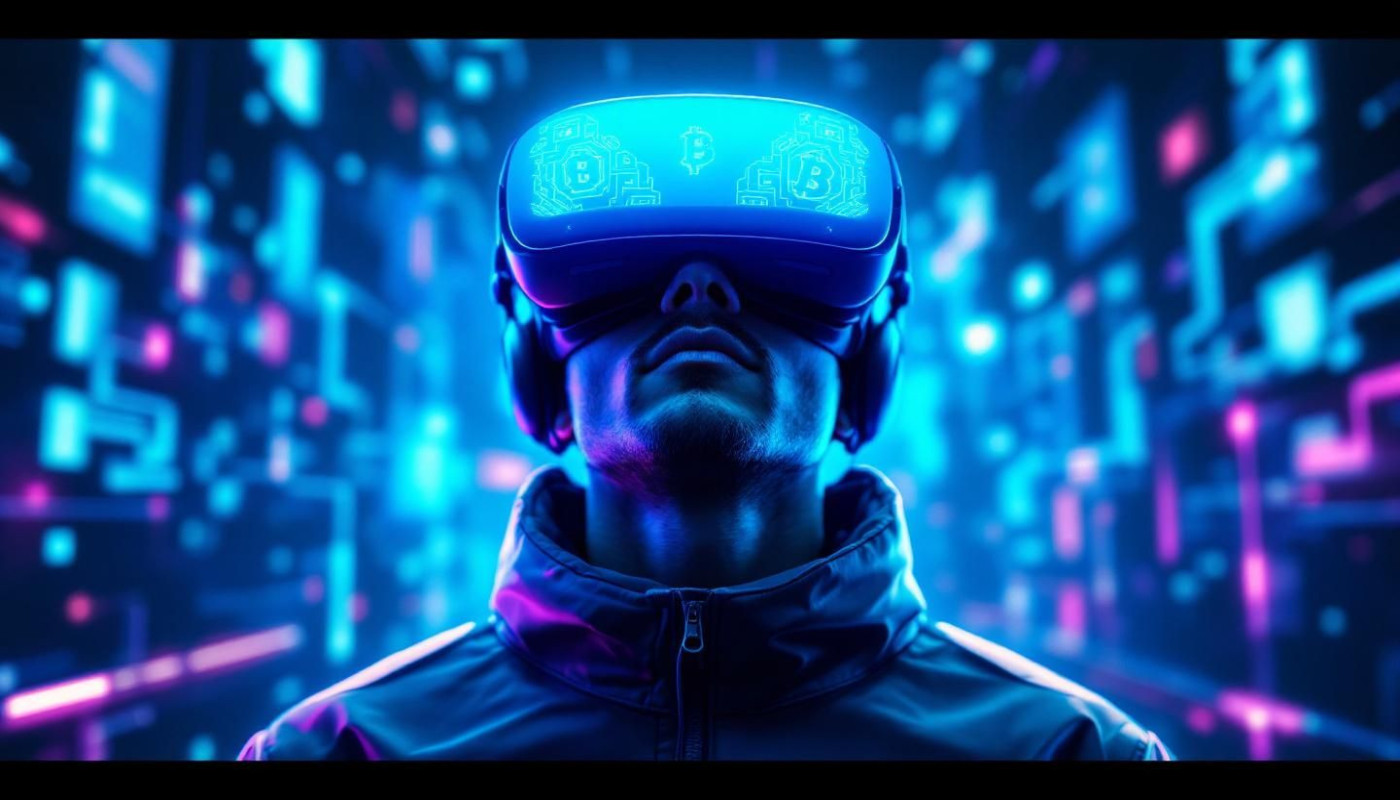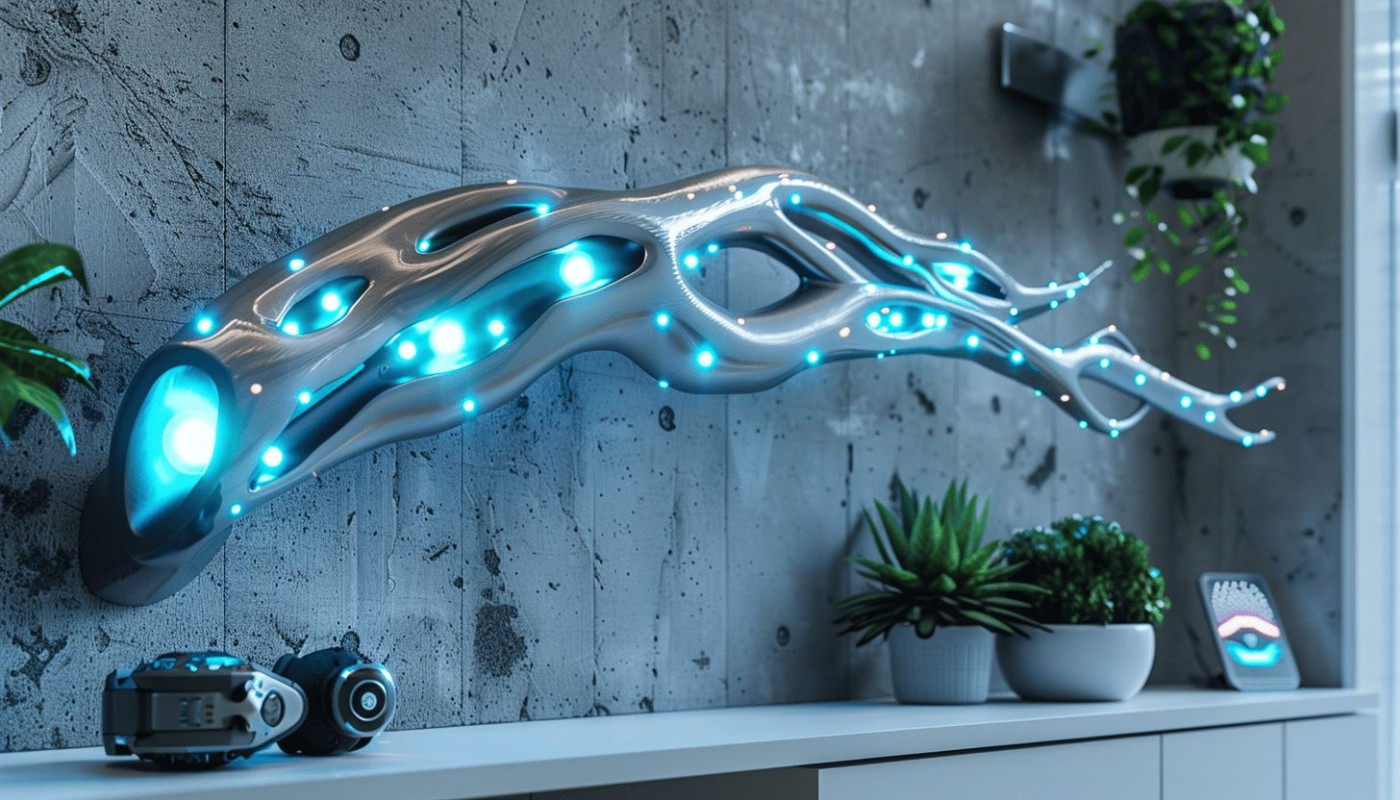Table of contents
Advancements in artificial intelligence are transforming the creative landscape as we know it, opening up a world of possibilities that were once the exclusive domain of human creativity. From generating stunning visuals to crafting intricate designs, AI-driven image generation is revolutionizing the way creative industries operate. This exploration into the impact of AI on these industries is not just about understanding the technological progression but also about anticipating the future of creativity itself. Dive into this fascinating realm and discover how AI is reshaping the artistic horizons and challenging our very notion of originality.
Unveiling AI's Role in Creative Evolution
The integration of artificial intelligence into the creative industries marks a significant shift in how art and design are conceived and executed. Tracing back, AI's role in creativity was once limited to basic automation and procedural generation, but with the onset of advanced machine learning techniques, it has transcended these early applications. A pivotal development in the artificial intelligence evolution was the advent of the Generative Adversarial Network (GAN), which allowed for unprecedented image generation capabilities. This technique, in which two neural networks contest with each other to create and refine output, has revolutionized the digital art space.
AI-driven creativity has gradually been adopted across various sectors of the creative industries, serving as a collaborative tool that augments the capabilities of human artists and designers. In the realm of image generation, artists employ AI to conjure up intricate visuals that would be challenging to replicate manually. This symbiosis of human and machine has given birth to novel art forms and has been particularly influential in the domains of graphic design, filmmaking, and video game development.
As AI in creativity becomes more sophisticated, the creative process itself is evolving. Teams are now integrating artificial intelligence into their workflows, using it for tasks such as initial concept development, pattern recognition, and even as a source of inspiration. The narrative that AI could replace human creativity is being replaced by one of collaboration, where AI serves as a tool that enhances human imagination. The keywords "AI in creativity," "image generation," "creative industries," "artificial intelligence evolution," and "AI-driven creativity" are not only relevant for search engine optimization but also encapsulate this era of transformative synergy between technology and art.
Redefining Artistic Possibilities
The advent of AI image generation tools has profoundly altered the creative landscape, presenting a myriad of new opportunities for creative professionals. These innovative tools have not only expanded the boundaries of digital art evolution but are also redefining the roles of artists and the very conception of artistry. AI-generated art, a once niche area, is now at the forefront of a rapidly changing art landscape, where brush and canvas are complemented by algorithms and neural networks.
For creative professionals, AI tools in art serve as catalysts for unprecedented creativity. The technique of Neural Style Transfer, for example, allows artists to blend styles from different art movements or pieces, leading to the creation of complex and unique artworks that were previously unimaginable. This synergy between human creativity and artificial intelligence is forging a new era where the creation process is collaborative and boundless.
These developments have significant implications for the traditional roles within the art community. The artist, once solely a craftsman of their discipline, now also acts as a curator of artificial intelligence, guiding the digital process to achieve their artistic vision. As such, the relationship between artist and artwork is evolving, prompting a reevaluation of what constitutes art in the digital age. The entrance of AI tools into artistic practices is not simply an addition to the artists' toolkit—it is a transformation that is reshaping the industry from the ground up.
The Economic Implications of AI Artistry
The advent of artificial intelligence (AI) in the creative industries has sparked a significant shift in economic dynamics, invoking the principle of "Creative Destruction." As AI technology becomes increasingly capable of generating complex images, the AI economic impact is felt across various facets of the creative economy. One of the most pressing concerns is job displacement, with AI potentially automating tasks traditionally performed by artists, designers, and photographers. This phenomenon raises questions about the future viability of certain creative professions and the need for re-skilling in the workforce.
Conversely, the integration of AI also paves the way for AI job creation. New roles emerge as the technology requires oversight, development, and ethical management. This transition leads to a demand for professionals adept in AI technology, capable of working alongside these intelligent systems to produce innovative works. The AI in creative economy also shifts the paradigm of value, redefining the value of AI art. As AI-generated works become more prevalent, the market must grapple with the nuances of authenticity, originality, and the monetary worth of art produced by non-human entities.
For those seeking more hints on how AI is revolutionizing the image generation landscape within the creative sectors, resources are available to provide deeper insights. These platforms explore how AI integrates with human creativity to birth unprecedented art forms, altering the essence of art valuation and distribution. Understanding these changes is vital for artists, consumers, and businesses alike to navigate the evolving digital marketplace.
Intellectual Property Challenges in the AI Era
The advent of AI in the creative industries has ushered in a host of intellectual property challenges, particularly in determining the ownership and copyright of AI-generated content. With the rise of sophisticated algorithms capable of producing artwork, music, and literature, the traditional boundaries of copyright law are being tested. AI-generated images, for example, often draw from existing works to create something new, leading to complexities in pinpointing the original source of creativity and, consequently, the copyright holder. This legal conundrum poses significant questions for 'AI intellectual property' rights, as creatives and technologists alike seek to understand the extent to which AI alters the landscape of authorship.
Moreover, 'AI copyright issues' emerge when considering whether the output of an AI system should be protected under copyright laws designed for human creators. This could potentially lead to a rise in 'Copyright Infringement' cases, where the lines between inspiration and theft are blurred by the capabilities of machine learning models. As the debate continues, stakeholders in the 'creative industry legislation' are advocating for legal frameworks that can accommodate the unique nature of AI-generated content while still protecting the rights of human artists.
The discussion also extends to the 'ownership of AI art,' raising questions about who - the programmer, the user, the AI, or some combination thereof - holds the rights to the content produced. Legal scholars and intellectual property lawyers are at the forefront of navigating these uncharted waters, creating precedence in a field that is evolving in real time. The resolution of these issues is pivotal as it will shape the future relationship between artificial intelligence and human creativity in the creative industries.
Embracing the AI Collaboration
In the realm of creative industries, the advent of artificial intelligence has introduced a paradigm shift in the production and conceptualization of art. Artists using AI are finding that they stand at the frontier of an artistic revolution—a place where Human-AI Collaboration serves not as a threat, but as a catalyst for enhanced creativity. This partnership provides a fertile ground for expanding creative expression, allowing creators to venture beyond traditional boundaries and craft experiences that were once inconceivable. As such, AI collaboration represents an invaluable ally in the artistic process, opening up a vista of possibilities for those willing to explore its potential. AI partnership in art is being endorsed by influential figures and innovators who recognize the technology's role in augmenting human ingenuity rather than supplanting it. These visionaries are key to guiding the artistic community in understanding and utilizing AI as a powerful extension of one's creative toolkit, ensuring that the essence of artistry is not just preserved but enriched in the digital age.
Similar articles

Exploring The Intersection Of Blockchain Technology And Gaming

Exploring The Fusion Of Nature And Technology In Modern Lighting

The role of virtual reality in enhancing remote education immersive learning experiences

Maximizing Productivity With Digital Planners For Tablets In 2024-2025

The Role Of Soil Types In Defining The Taste Of Burgundy Wines

How to learn to play musical instruments with ChatGPT?

